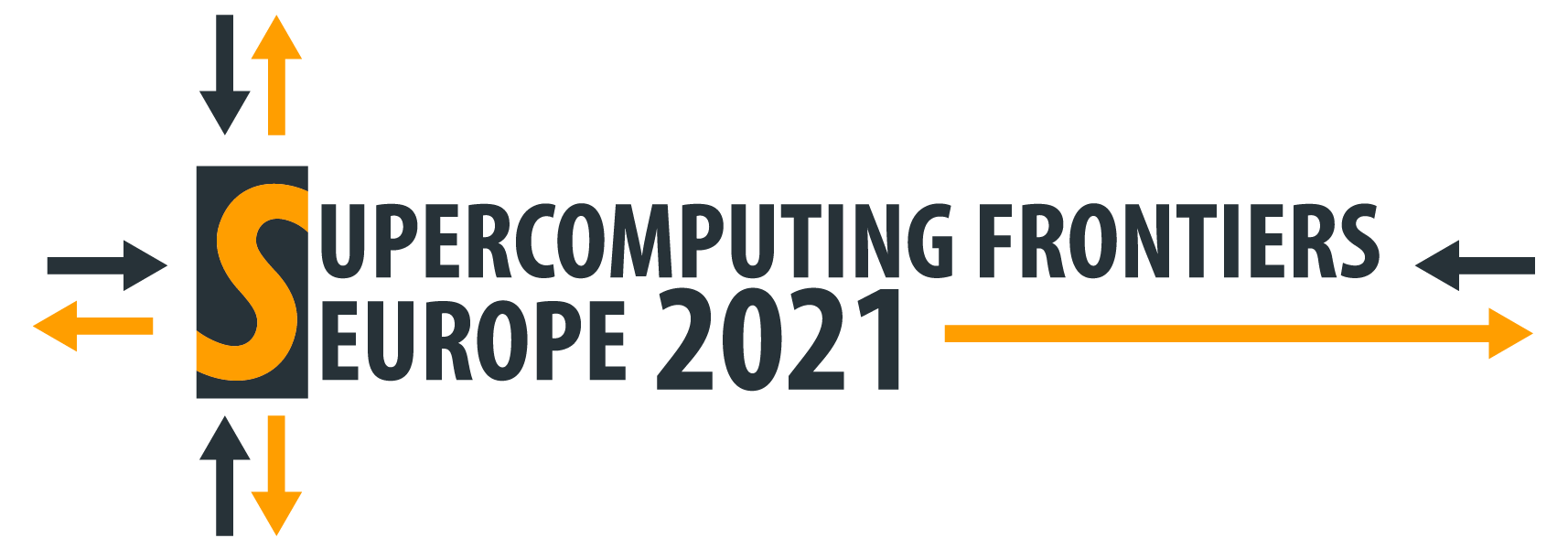Predicting the course of the COVID-19 epidemic in Poland
Sixth Virtual ICM Seminar in Computer and Computational Science
One of the most promising approaches to predicting the possible scenarios of the epidemic is based on agent-based models. The idea of that model family is quite simple: reproduce the demographic and sociological structure of the society, and run the simulations of the disease spread throughout that structure. The direct reproduction of the contact structure allows investigating the consequences of various administrative measures applied, like school closure or travel restrictions. The model results can be visualised as a dynamic map of spreading disease, and enables the assessment of burden of disease factors locally. Our model, constructed more than 10 years ago for influenza epidemics, has been reanimated and tuned to COVID-19 parameters. It is now producing both scientific results as well as pragmatic reports, which are then being passed to Polish government authorities.
FRANCISZEK RAKOWSKI
Affiliated Researcher at ICM University of Warsaw. Principal Data Scientist at the AI institute, Samsung R&D, Poland. Almost 10 years ago, when working at ICM UW as a researcher, he led a project to construct a large-scale agent-based epidemic spread model for influenza disease. Recently, during the times of COVID-19 pandemic, he became the project leader of development and adaptation of the ICM Epidemic Model of the coronavirus COVID-19 desease. His interests also cover cognitive science, neuroscience and computational biology.
DATE&TIME
Thursday, May 21, 2020 at 4:00 PM CEST
PLEASE REGISTER AT:
http://supercomputingfrontiers.eu/2021/tickets/neijis7eekieshee/
FOOTAGE OF ALL PREVIOUS Virtual ICM Seminars in Computer and Computational Science
CAN BE FOUND HERE:
- Cathrine McGeoch, “What do we know about performance of quantum annealing systems?”
- Simon Mutch, “HPC Simulations of the early Universe”
- Michael Bussman, “The discovery machines – how supercomputers will shape the
future of data-driven science” - Erol Gelenbe, “A Dynamic Self-Aware Approach to Cybersecurity”
- Scott Aaronson, “Quantum Computational Supremacy and Its Applications”

